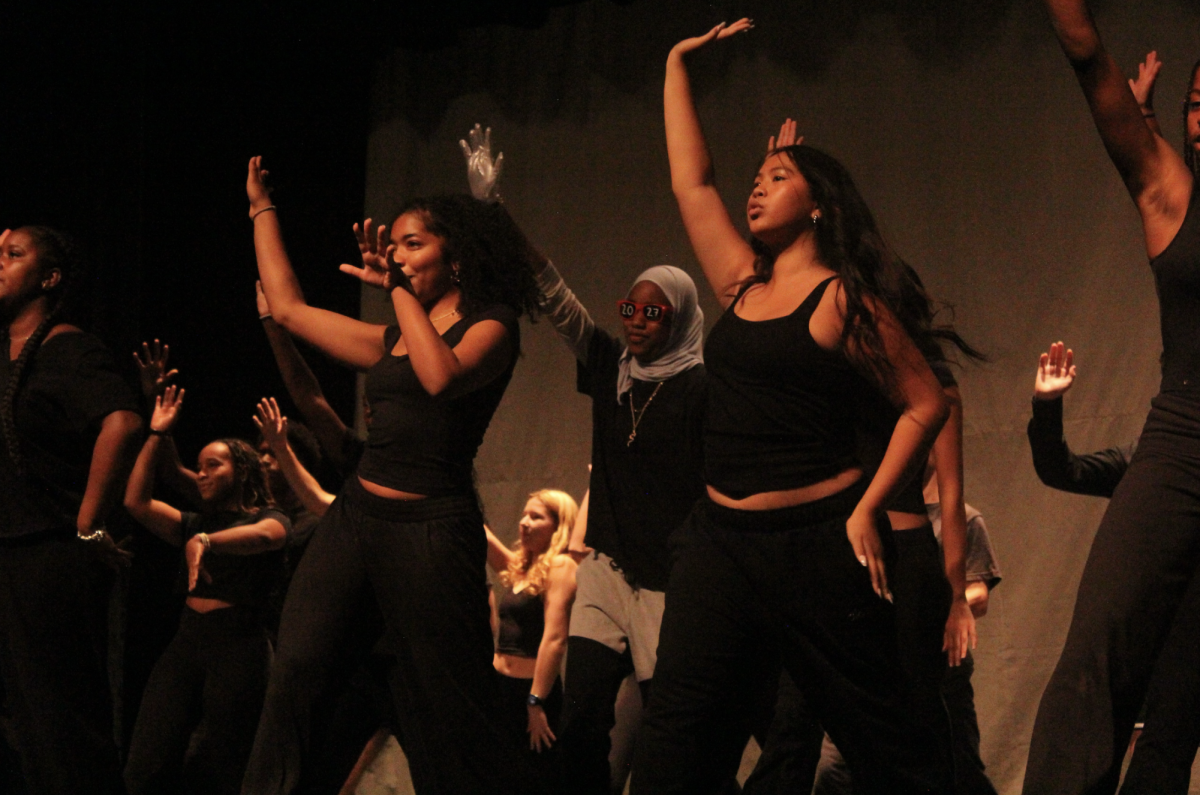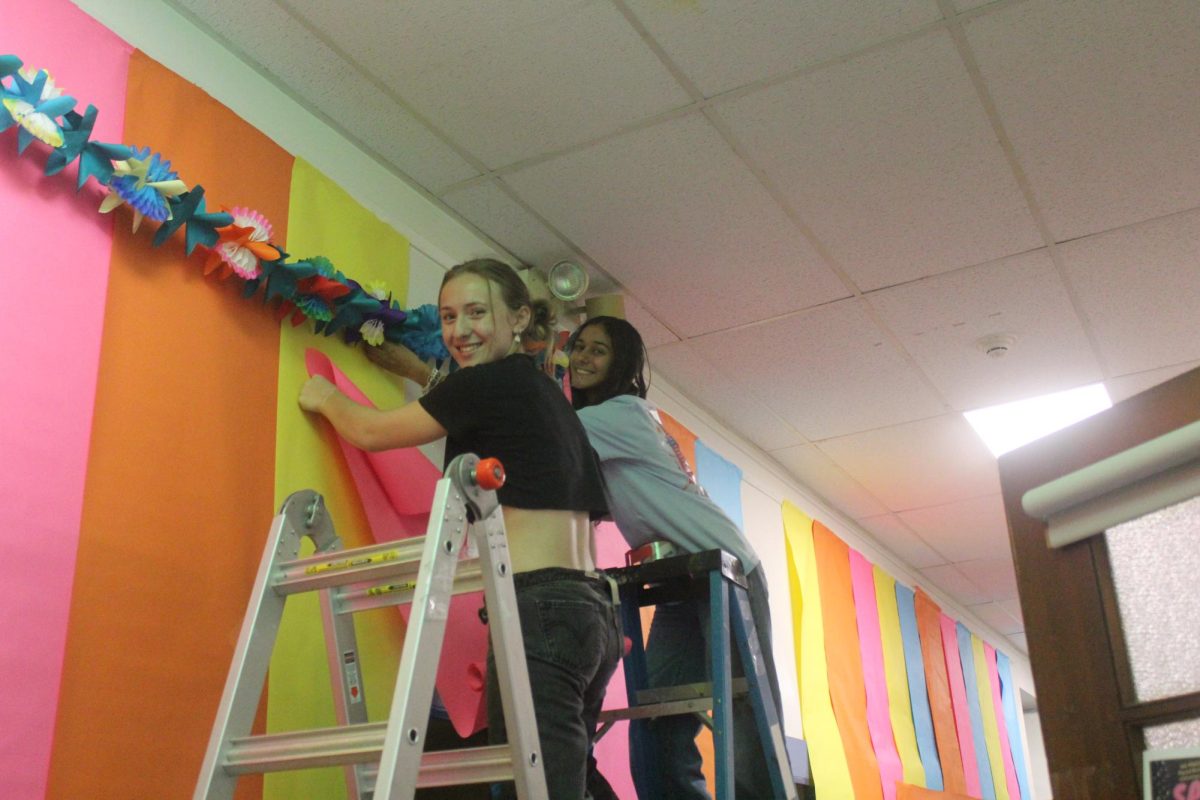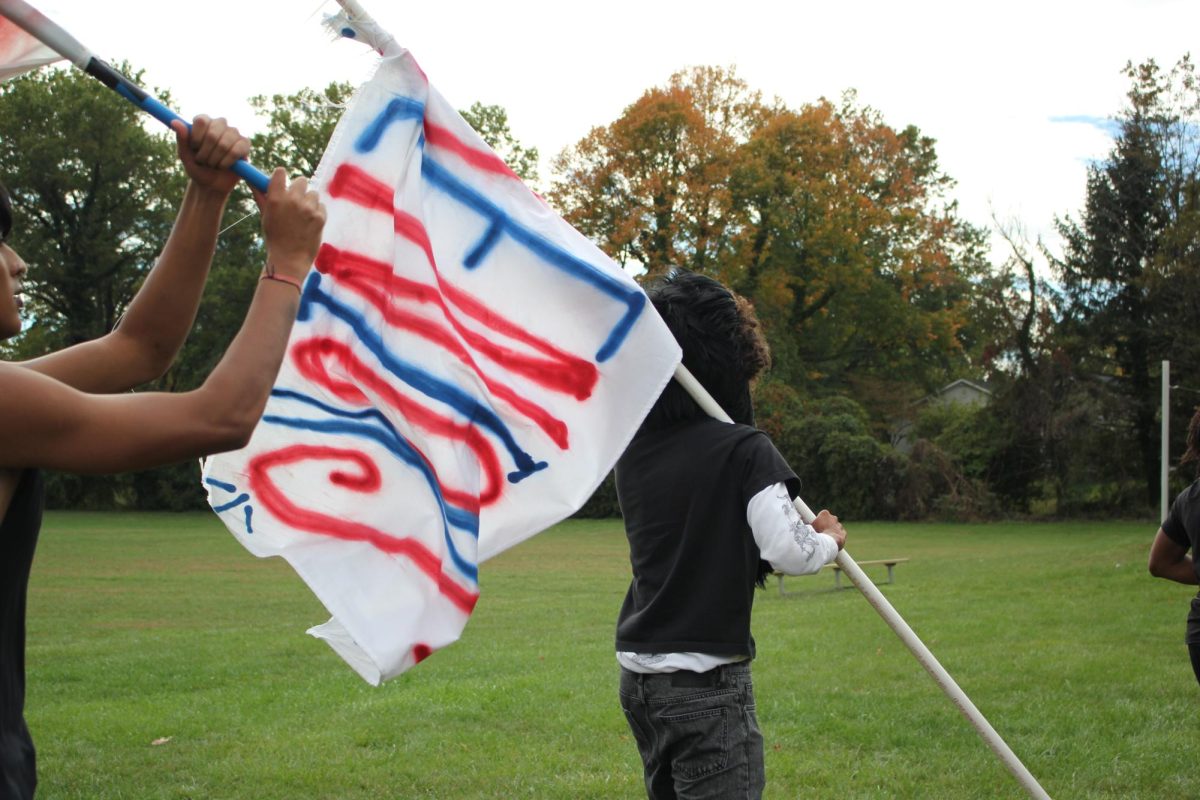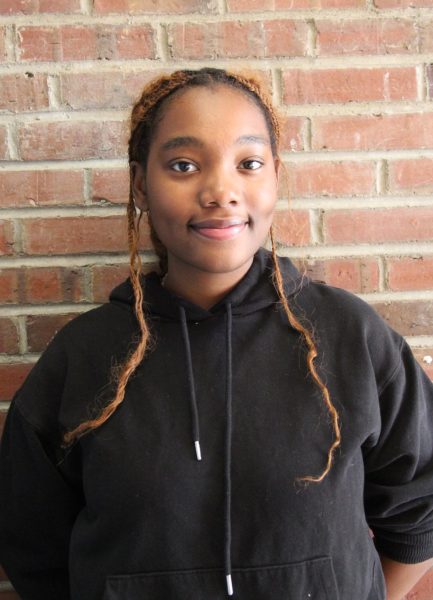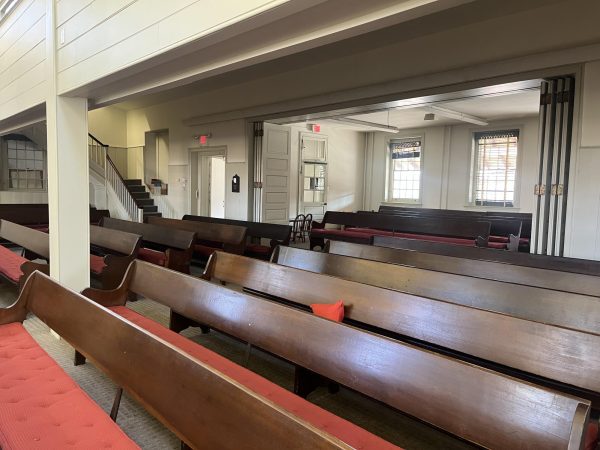
During the Meeting for Worship for Business (MFWFB) on October 17, the Worship Planning Committee announced that, throughout the rest of the year, the Meeting House would now be more regularly available for student reflection. Specifically, the Meeting House will be opened during times when the community might be in spiritual or emotional need; an example of this was for the election on November 5 and 6.
Historically, the Meeting House is locked outside of the time designated for meeting for worship; most recently, it was opened on November 5 and 6 during lunch and passing periods for reflection on the election. The first time the Meeting House opened for student reflection this year was on October 7, the one-year mark of the October 7 attack in Israel, when Director of Diversity Chanelle Walker and Quakerism Teacher Dan Zemaitis decided to offer a space where community members could reflect.
According to Zemaitis, their goal was to “provide a space away from the structures for people to congregate in the meeting house,” which is a “natural place of reflection.”
He stated that, in the future, there will be additional opportunities for community members to gather in the Meeting House when the community faces spiritual and emotional challenges.
Academic Technology Coordinator Diana Day attended the meeting on November 6 and stated that, while she “didn’t originally think it would be impactful to go,” she ultimately found it “very helpful and peaceful in ways.” Although no conversation occurred, Day inferred that “people were feeling emotional.”
For Day, this space for reflection is an area of growth for the MFS community. She explained that friends of hers who work in corporate spaces had experiences of colleagues treating election day as “any normal day” when it was “clear that people were suffering” because of the results. However, she feels the complete opposite, attributing the feeling to the opening of reflection spaces. She states that “we’ve learned a lot and we’ve made a lot of efforts to be an inclusive community.”
“Holding space, even if it’s not used, can be a really impactful thing” —Frank Karioris
Another attendee, History Teacher Frank Karioris, explained that, while not many other people went to the Meeting House on November 5, “holding space, even if it’s not used, can be a really impactful thing.” He also stated that participating in “silence and reflection allows us to be our better selves rather than our reactive selves,” making it easier for the community to connect across differences.
The community reaction to the results in previous elections such as those in 2016 and 2020 was “much more confrontational,” according to English Teacher Debra Galler, a community member during both elections. She also added that there was a lot of “cruelty directed at people who were upset.” In past elections, spaces for reflection such as the one created in the Meeting House this year were not available. After observing this year’s addition, Galler remarked that the community is doing a “better job at creating spaces” compared to the past.


